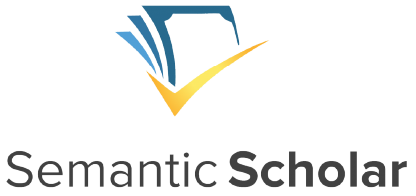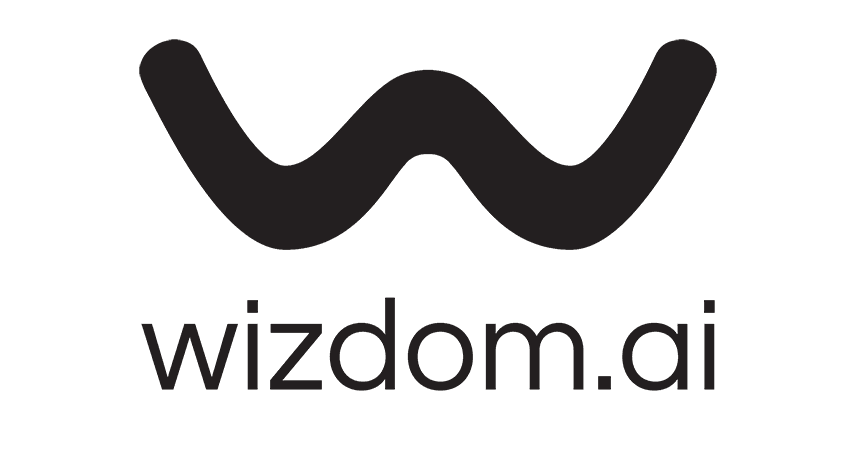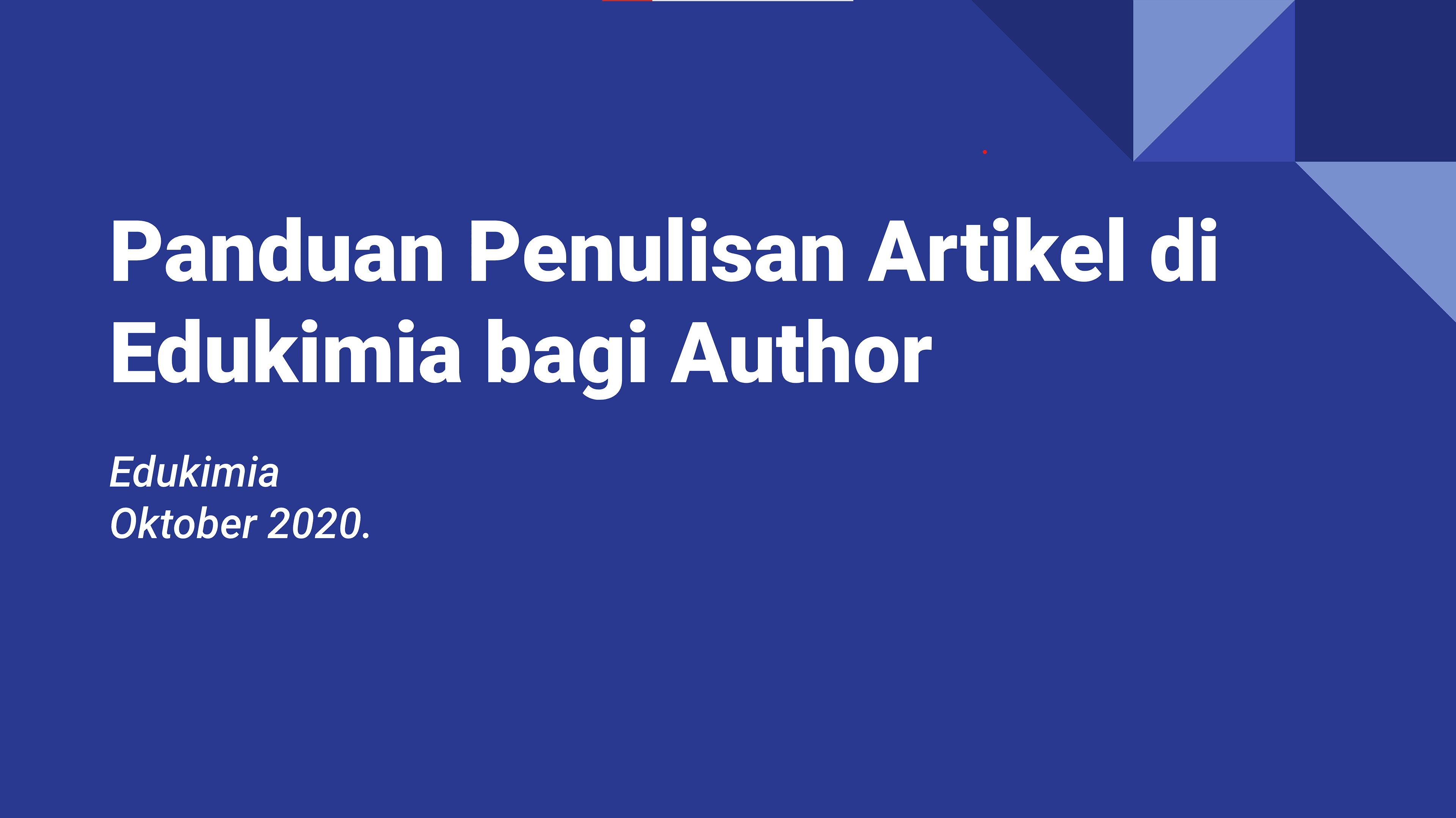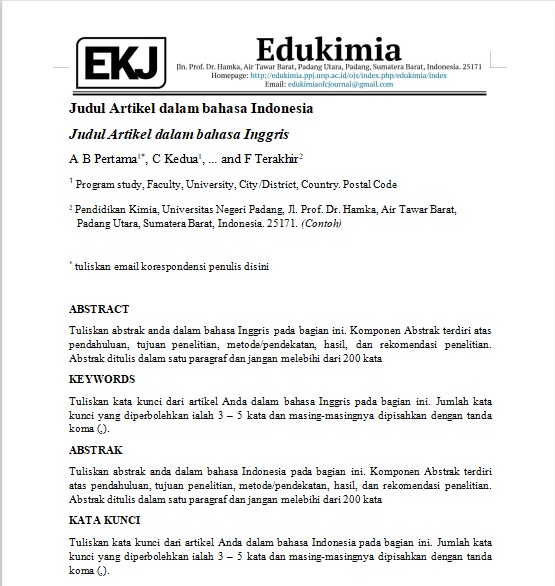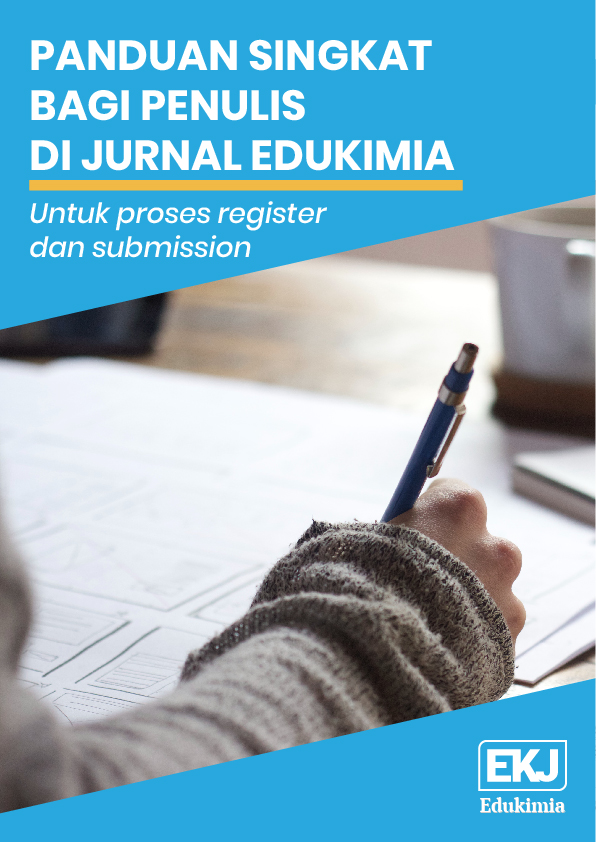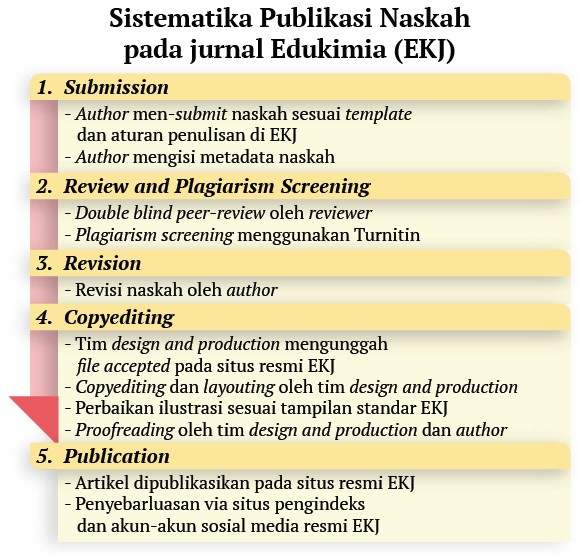The Development of Acid Base E-Module Based on Scientific Literacy
Article Metrics
The abstract has been viewed for 459 times.The full pdf article has been downloaded for 222 times.
Abstract
Keywords
Full Text:
03_299_EKJ 3 (3) (Bahasa Indonesia)References
OECD. PISA 2012 Results in Focus: What 15-year-olds know and what they can do with what they know. Programme for International Student Assessment. 2014.
Suratsih. Pengembangan Modul Pembelajaran Biologi Berbasis Potensi Lokal Dalam Kerangka Implementasi KTSP SMA di Yogyakarta. Penelitian Unggulan UNY (Multitahun). 2010.
OECD. PISA 2018 Results: Combined Executive Summaries Volume I, II, &III. 2019.
Rusilowati A, Nugroho SE, Susilowati SME. Development of Science Textbook Based on Scientific Literacy for Secondary School. J Pendidik Fis Indones. 2016;12(2):98-105.
Chiappetta EL, Fillman DA, Sethna GH. A method to quantify major themes of scientific literacy in science textbooks. J Res Sci Teach. 1991; 28(8):713-725.
Rokhmah A, Sunarno W, Masykuri M. Science Literacy Indicators in Optical Instruments of Highschool Physics Textbooks Chapter. J Pendidik Fis Indones. 2017;13(1):19-24.
Adisendjaja YH. Analisis Buku Ajar Biologi Sma Kelas X Di Kota Bandung. J BIO-UPI; 2010.
Bröder J, Okan O, Bauer U, Bruland D, Schlupp S, Bollweg TM, et al. Health literacy in childhood and youth: A systematic review of definitions and models. BMC Public Health. 2017;17(361):1–25.
Horton WF. Understanding Understanding information literacy: a primer; an easy-to-read, non-technical overview explaining what information literacy means, designed for busy public policy-makers, business executives, civil society administrators and practicing professionals. United Nations Educational, Scientific and Cultural Organization; 2007.
Bent, Moira, Stubbing RS. The SCONUL Seven Pillar of Information Literacy: Core Model: For Higher Education; 2011.
Nurdyansyah, Fahyuni EF. Inovasi Model Pembelajaran Sesuai Kurikulum 2013. Creative Commons Attribution; 2016.
Wijaya JE, Vidianti A. The Effectiveness of Using Interactive Electronic Modules on Student Learning Outcomes in Education Innovation Course. International Conference on Progressive Education (ICOPE 2019). Advances in Social Science, Education and Humanities Research. 2020;422(Icope 2019):86–89.
Sugiani KA, Degeng INS, Setyosari P, Sulton. The Effects of Electronic Modules in Constructivist Blended Learning Approaches to Improve Learning Independence. Int J Innov Creat Chang. 2019;10(9):82–93.
Sugiyono. Metode Penelitian Pendekatan Kuantitatif, Kualitatif dan R&D. Alfabeta; 2015.
Husein U. Metode Penelitian untuk Skripsi dan Tesis Bisnis. Jakarta: Rajawali Press; 2011.
Depdiknas. Panduan Pengembangan Bahan Ajar. Jakarta: Departemen Pendidikan Nasional Direktorat Jenderal Manajemen Pendidikan Dasar dan Menengah Direktorat Pembinaan Sekolah Menengah Atas; 2008.
Suryanto A, Djatmiko T. Konsep Dasar Penilaian dalam Pembelajaran; Eval Pembelajaran di SD. Universitas Terbuka; 2014.
Kemendikbud. Panduan Praktis Penyusunan E-Modul. 2017;1–57.
Lasmiyati, Harta I. Pengembangan Modul Pembelajaran untuk Meningkatkan Pemahaman Konsep dan Minat SMP. PYTHAGORAS: Jurnal Pendidikan Matematika. 2014;9(2):161–174.
Refbacks
- There are currently no refbacks.

.jpg)


